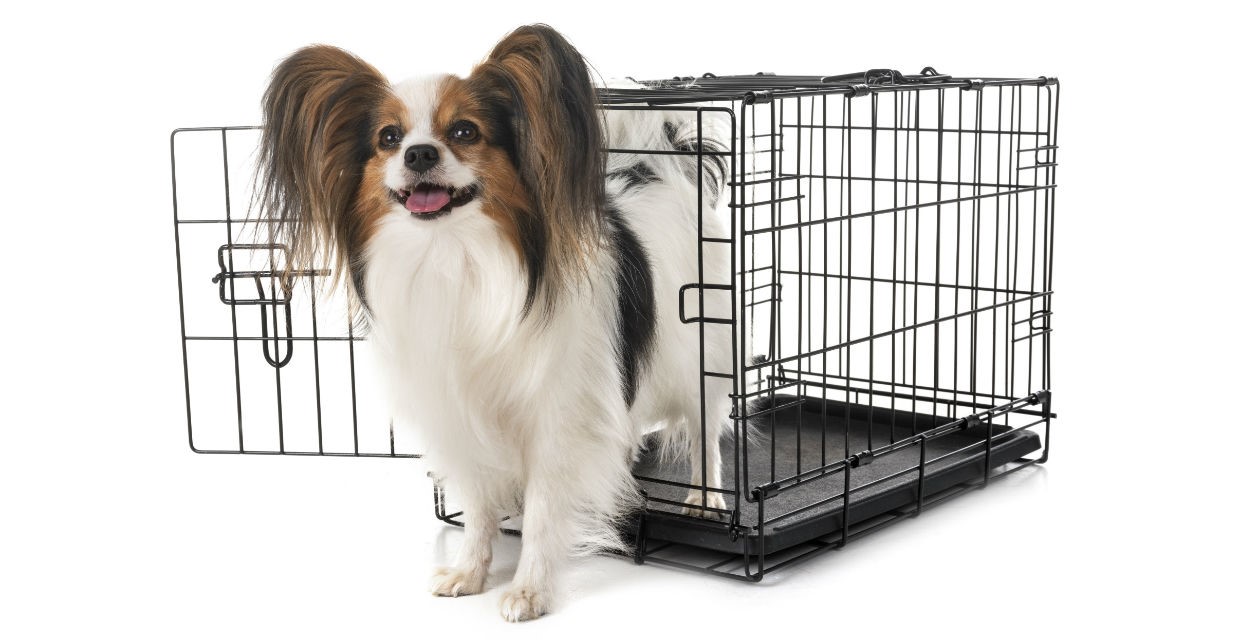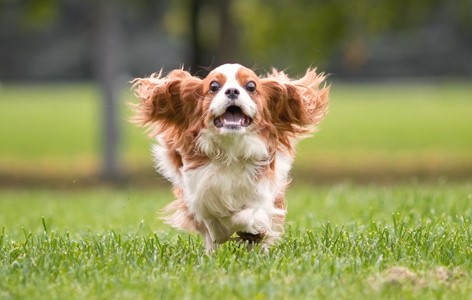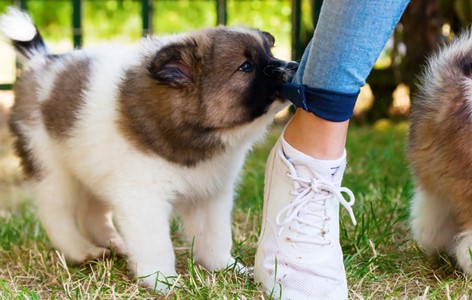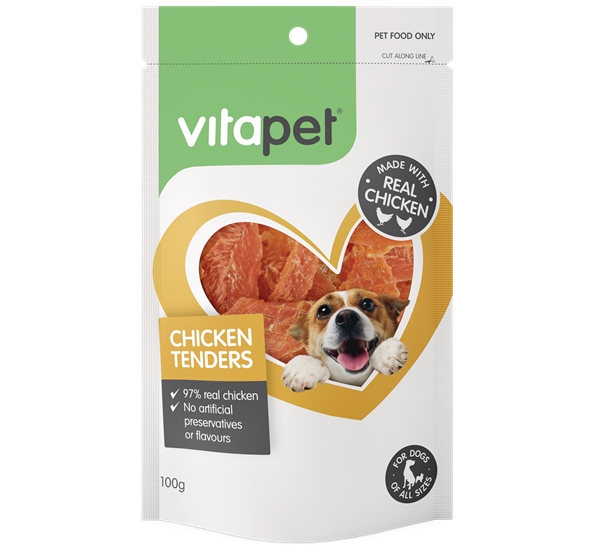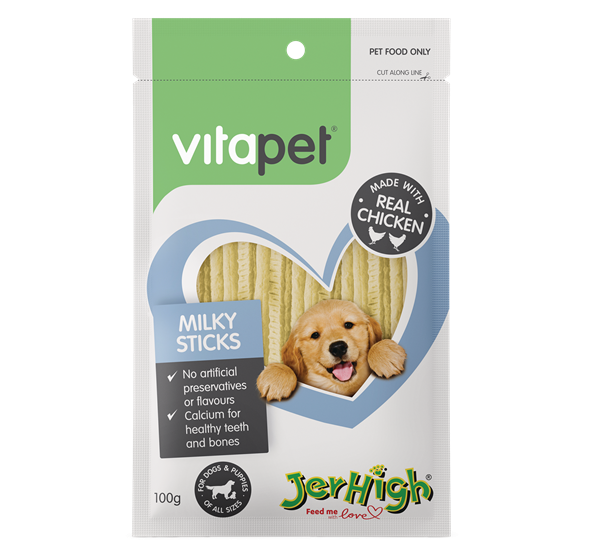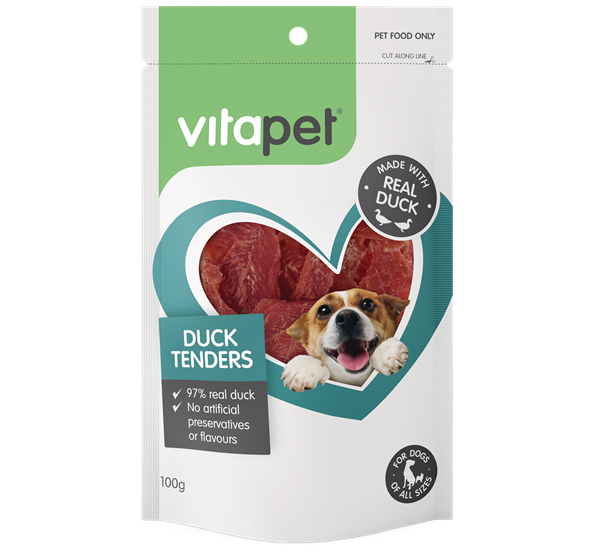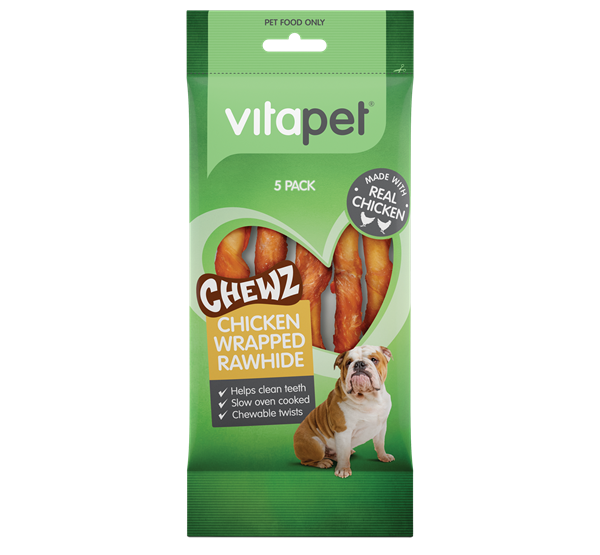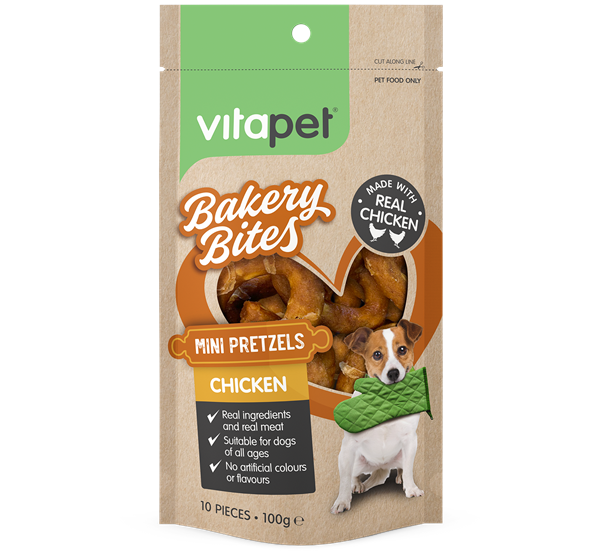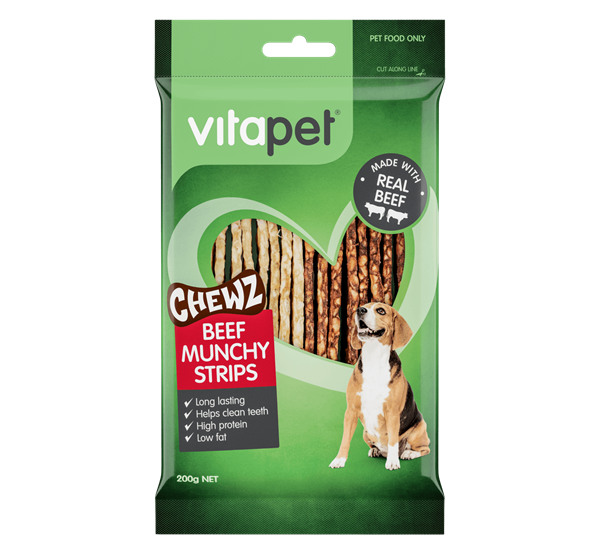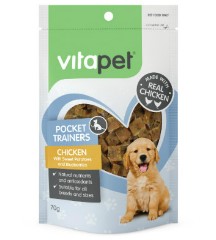Crate Training your Puppy
Crates are a really valuable tool for keeping your puppy safe. As well as keeping your house safe from your puppy. The crate should be a positive place, and not somewhere that they're locked up - it should be a place that your puppy know it can go when they feel the need to get away, relax (or get away from the kids). The crate is also a very useful tool for toilet training.
Young puppies should only be in their crate for a few hours at a time.
This video shows some tips on how you can crate train a puppy that recently you've welcomed lovingly into your home.
How to crate train your puppy
The overall aim is to keep your puppy in the crate for as long as possible. And rewarding them for staying the crate will help to get the puppy to feel comfortable in the crate.
Step 1: Before you start, make sure your puppy knows that you have some yummy treats, so it's going to be rewarding to spend time with you.
Step 2: Start by having some familiar things in the crate; their bed, a blanket that they use etc. Then toss some treats into the crate so that your puppy wants to go in.
Step 3: Keeping the crate door open while you start training, so that they don't get scared or worried.
Step 4: Having some longer lasting treats on hand for your puppy to entertain themselves in the crate will also be beneficial.
Step 5: As your dog seems to settle at the idea of the crate, slowly start closing the door (rewarding of course), as well as walking away from the crate.











